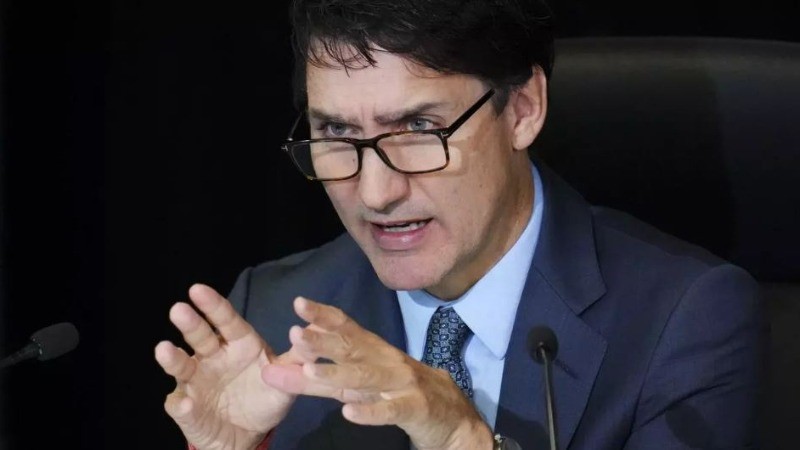
Relations between India and Canada are worsening rapidly as both nations engage in a diplomatic standoff marked by accusations of espionage and criminal activities. The situation escalated after Canadian Prime Minister Justin Trudeau alleged that Indian government agents were involved in serious criminal acts on Canadian soil, particularly relating to the killing of Khalistan advocate Hardeep Singh Nijjar in June 2023.
In response to these allegations, Canada expelled India’s High Commissioner, Sanjay Verma, along with five other diplomats, labeling them “persons of interest” in ongoing criminal investigations. India called Verma's expulsion an unprecedented move, noting that even in its complex history with Pakistan, such treatment of a high commissioner was rare.
India retaliated by expelling six Canadian diplomats, including the Acting High Commissioner, signaling that it would not shy away from a tit-for-tat approach in diplomacy. The situation has led analysts to conclude that relations between the two countries have reached a stalemate.
On October 14, the Royal Canadian Mounted Police (RCMP) released a statement claiming investigations revealed that Indian diplomats in Canada were involved in covert activities, including gathering information for the Indian government and coercing individuals to assist them. The statement highlighted that these actions were allegedly directed at targeting members of the South Asian community.
India vehemently rejected these claims, asserting that the allegations stem from political motives within the Trudeau government. The External Affairs Ministry stated that despite numerous requests, Canada has not provided any concrete evidence to support its accusations.
Canada’s Foreign Affairs Minister Mélanie Joly hinted at potential further expulsions, indicating that the 15 remaining Indian diplomats in Canada are “on notice.” On October 17, an Indian official revealed that there are currently 36 pending extradition requests with Canada, involving individuals charged with terrorism-related offenses.
India has long accused Canada of being lenient toward Khalistani extremism, allowing separatists to operate freely. The nature of the evidence supporting Canada's allegations against India remains unclear, though former Canadian officials have suggested a link between Nijjar's murder and a broader plot originating from Delhi.
In a significant development, the U.S. has indicted Vikash Yadav, a former employee of India’s external intelligence agency, for his alleged role in a plot to assassinate a U.S. citizen. Yadav reportedly coordinated with a co-conspirator who is now in U.S. custody, further complicating India’s position in international relations.
This ongoing conflict is embarrassing for India, as it faces accusations of orchestrating attacks against foreign nationals in allied countries. The situation highlights the need for greater accountability of Indian intelligence agencies, which currently operate with little public oversight.
As allegations and counter-allegations continue, it appears that the diplomatic rift between India and Canada will persist, with both countries entrenched in their positions. The unfolding drama between Delhi and Ottawa suggests that opinion may often overshadow evidence in this complicated geopolitical landscape.
Canada Admits Lack of Hard Proof in Nijjar Killing Allegations Against India, India Responds
India Calls for US to Cooperate With Canada’s Probe Into Nijjar’s Killing
India Questions Trudeau’s Motives: Is China’s Influence in Canada Being Overlooked?